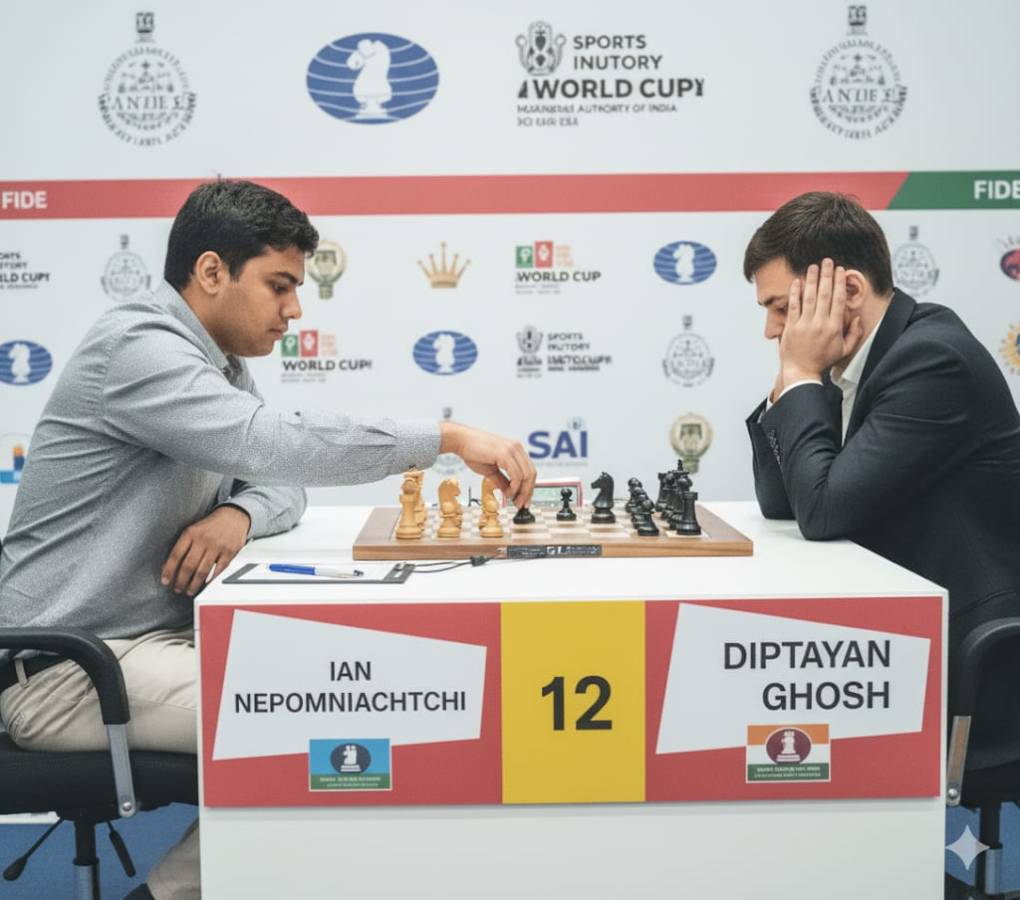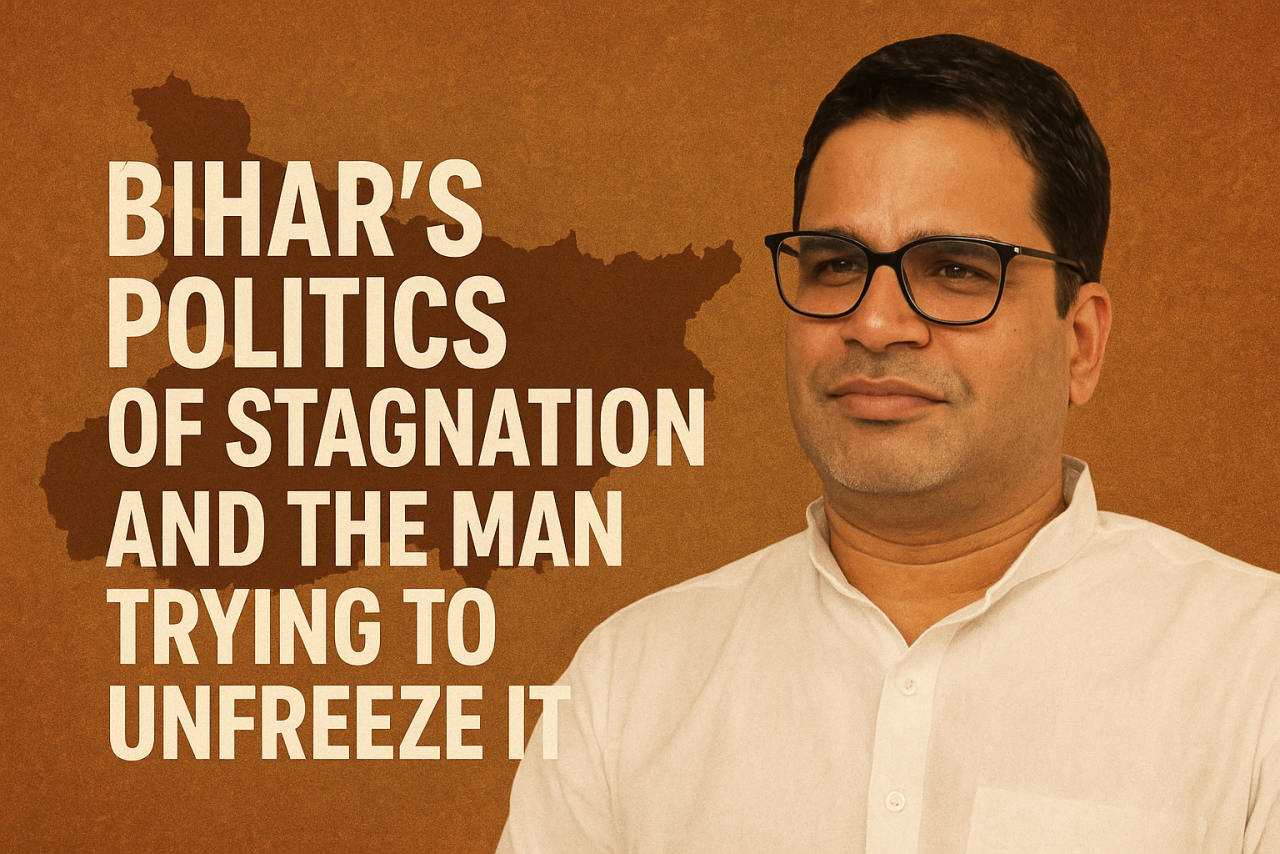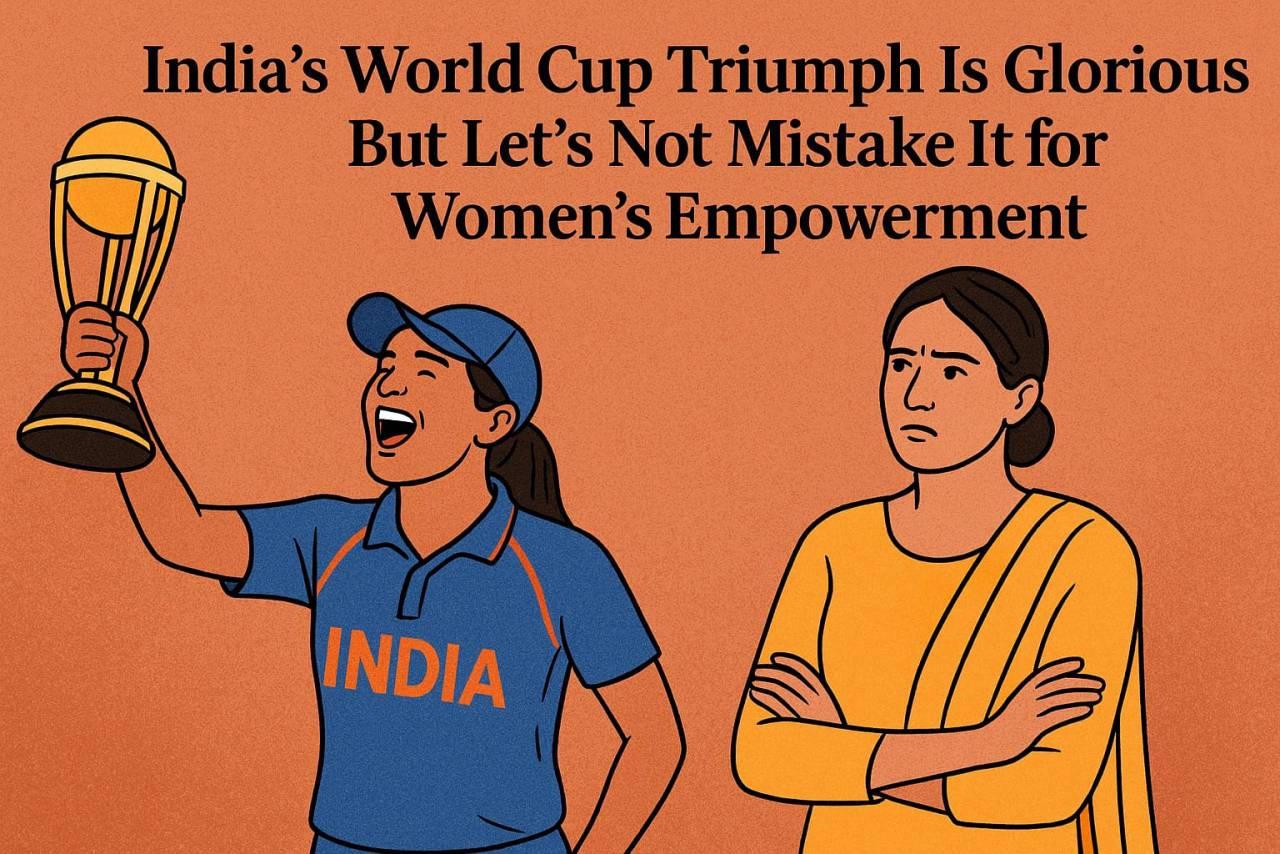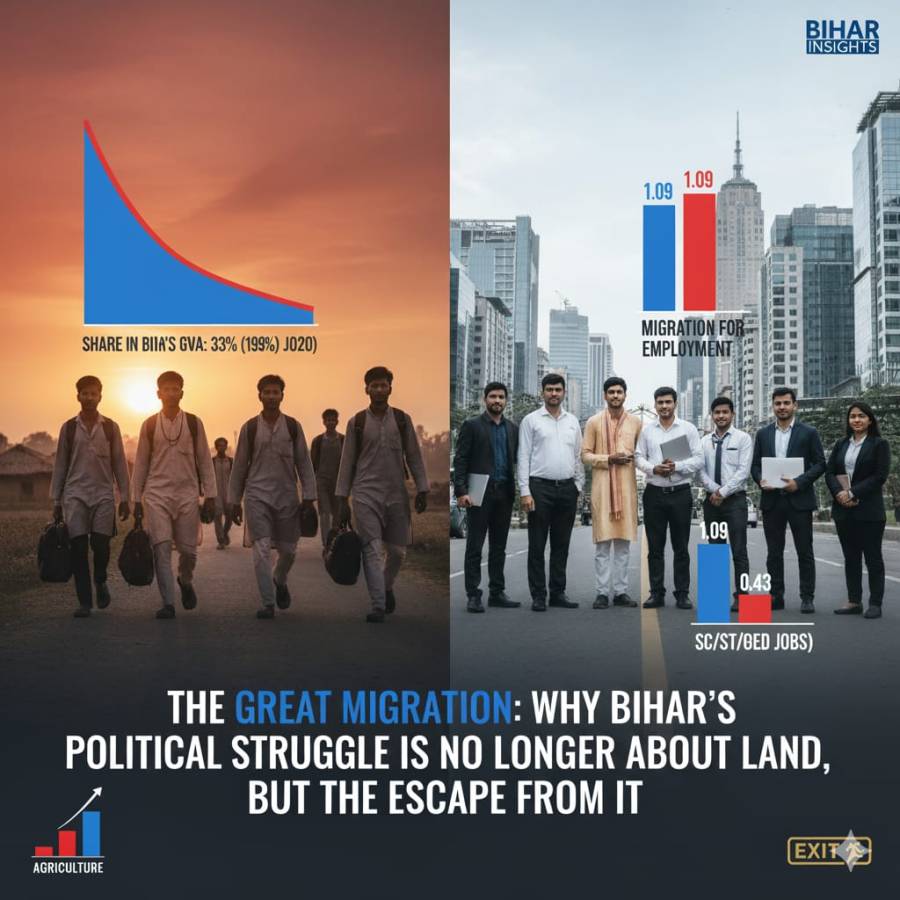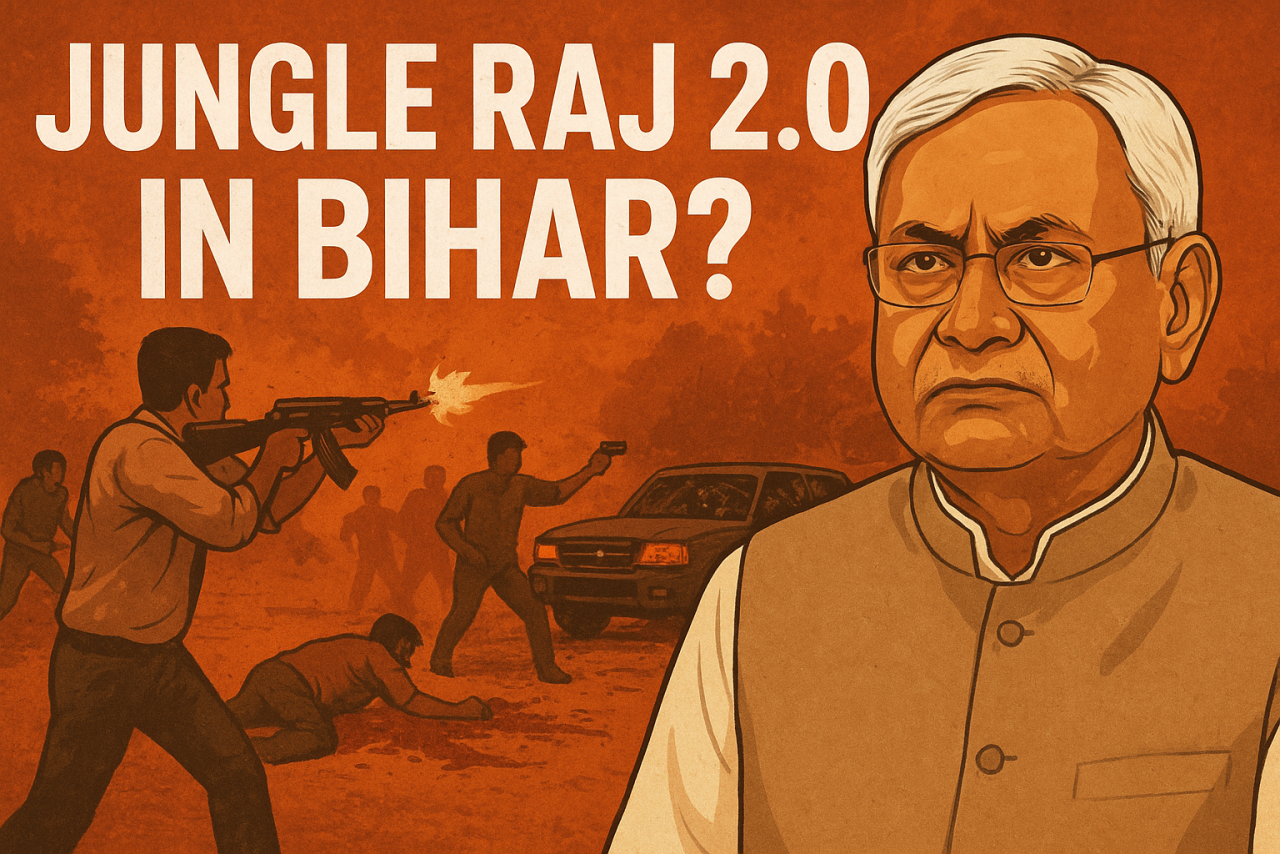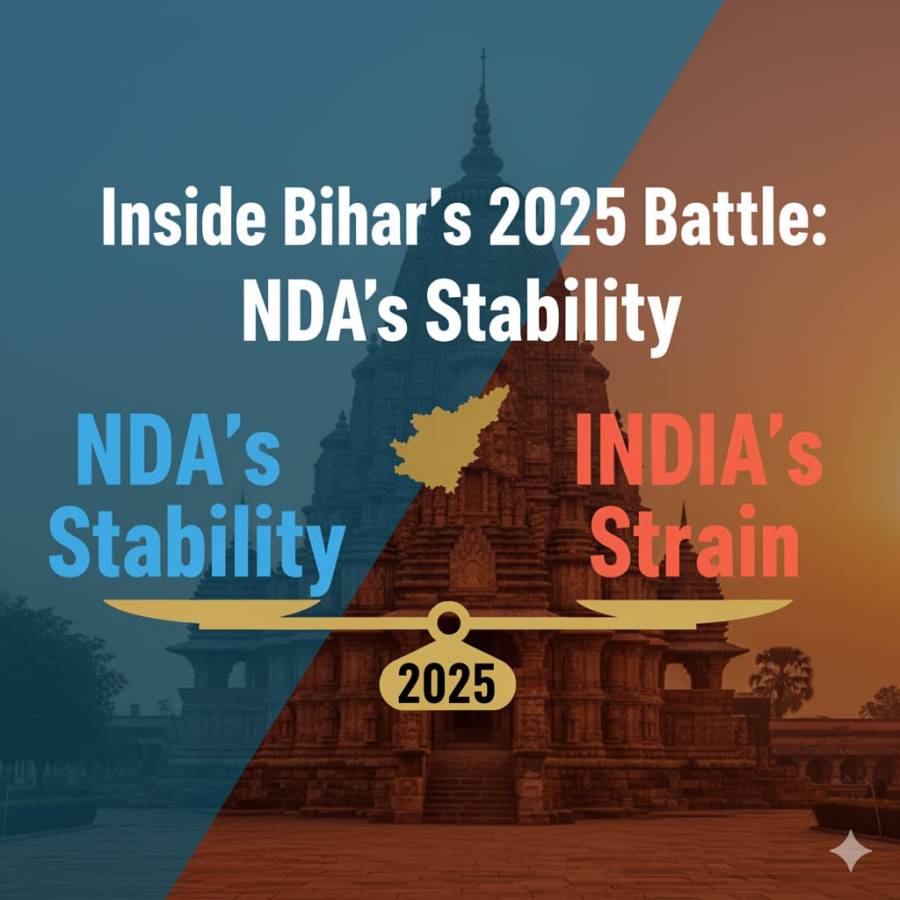
There are moments when politics leaves behind the realm of policy papers and speeches, and steps into the theatre of the absurd. France’s President Emmanuel Macron now finds himself in such a moment—locked not in a debate about Europe’s economy or climate change, but in a battle to prove that his wife, Brigitte, is, in fact, a woman.
It sounds surreal, almost like the plot of a political satire, yet it is very real. The French first couple is preparing to submit scientific evidence before a U.S. court after conservative influencer Candace Owens spread claims online questioning Brigitte Macron’s gender. For the Macrons, this is not merely about correcting a falsehood—it is about dignity, truth, and the relentless grind of rumor in the digital age.
Their lawyer, Tom Clare, described the situation as “incredibly upsetting,” pointing out how destructive such fabrications can be, especially when amplified across the internet’s echo chambers. The case, filed in Delaware, sets the stage for a defamation trial where evidence—ranging from testimony to personal records—may be presented to settle what should never have been a question in the first place.
Clare explained that Brigitte has “always been a woman,” dismissing the online allegations as baseless and malicious. He stressed that she is willing to undergo the very public ordeal of supplying proof—an act both painful and courageous. “It is a process she is firmly resolved to face,” he said, “because she knows that’s what it will take to set the record straight.”
The Macrons, married since 2007, are no strangers to public scrutiny. Their age gap has long fueled gossip, but this episode dives deeper into the cruelty of misinformation. For Brigitte, agreeing to confront this in court is not simply about her own reputation—it is about drawing a line in the sand, a refusal to let lies live unchecked in an age where virality often overshadows truth.
Candace Owens, for her part, has dismissed the lawsuit as a “desperate PR strategy,” even mocking Brigitte publicly. Yet the French First Lady’s response—measured, legal, and deeply personal—shows she is determined to meet the claims head-on, however absurd they may be.
What makes this saga striking is not just its bizarreness, but what it says about our time: when rumor can travel faster than fact, when a cruel whisper online can become international news, and when even the most personal truths must be defended in court.
For now, the world watches as Emmanuel Macron and Brigitte brace themselves for a case that should never have existed. It is less a legal battle than a moral one—between those who trade in lies and those willing to endure the humiliation of disproving them.
Finally, this is not just about a First Lady, but about the cost of living in an era where the line between gossip and news is vanishing.



